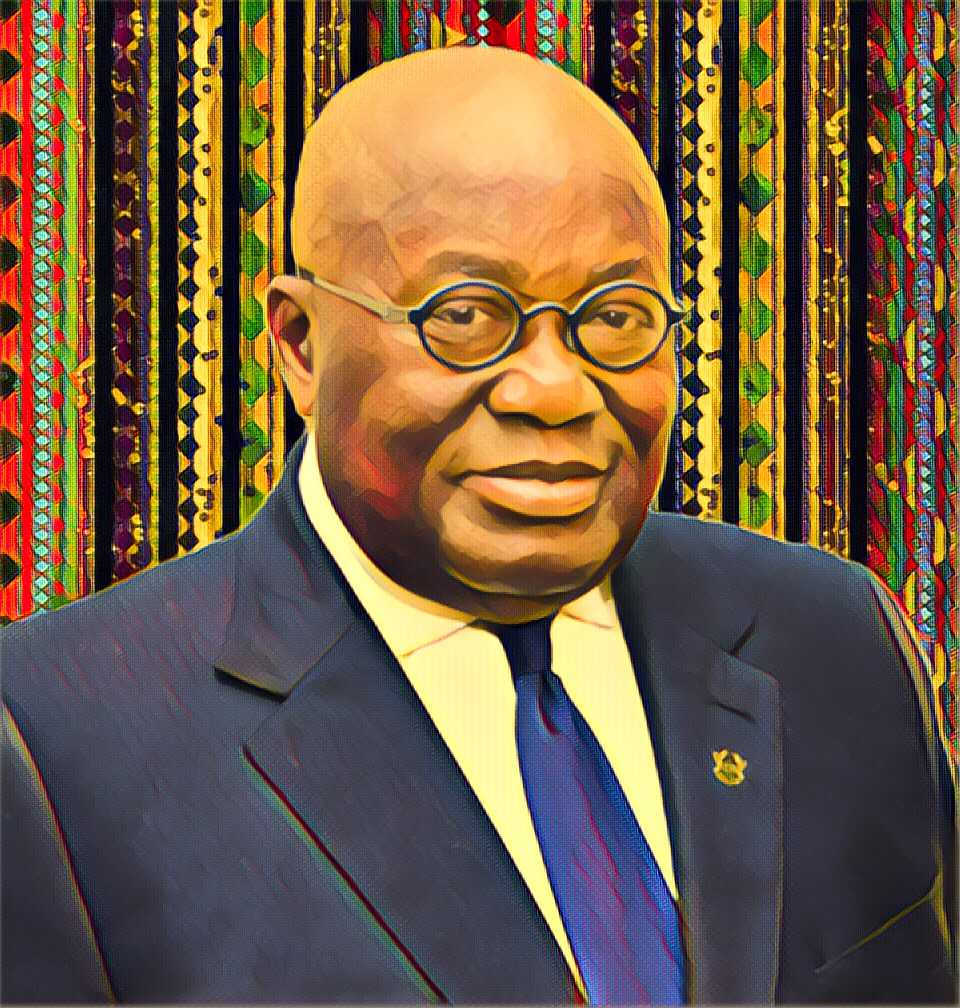President Nana Addo Dankwa Akufo-Addo has championed the use of nuclear energy to tackle developmental challenges in Africa. He emphasized this at the landmark US-Africa Nuclear Energy Summit and IFNEC Ministerial Conference in Accra. The theme was “Unlocking Africa’s Potential through Nuclear Energy”. This pivotal event drew energy ministers, policymakers, and nuclear experts globally.
Addressing attendees at a gala dinner, President Akufo-Addo stressed nuclear energy’s role in Africa’s future. “We must harness nuclear power’s potential for our energy needs and sustainable growth,” he urged. The dinner, a collaboration between Ghana’s Nuclear Power Institute and the U.S. Department of Energy, marked the summit’s conclusion.
While discussing Ghana’s energy strategy, President Akufo-Addo revealed ambitious plans. By 2070, 30% of Ghana’s electricity will be nuclear-generated. This move aims to boost industrialization and establish Ghana as an ECOWAS-region power exporter.
Furthermore, Ghana is actively exploring small modular reactors (SMRs). These reactors promise clean, affordable energy. “Our partnerships with domestic and international experts are assessing this technology’s feasibility in Ghana,” the President explained.
According to a report by the Daily Graphic, President Akufo-Addo expressed gratitude to the U.S. for partnering in the ministerial events. He emphasized the need for nuclear technology in power generation across Africa. Nuclear power, he noted, can significantly reduce greenhouse gas emissions. It meets the growing energy demands of African populations.
Efficient communication of the summit’s outcomes is crucial, the president stressed. It will help dispel safety concerns about nuclear technology. It will also showcase its benefits in achieving net-zero emissions.
The U.S. Ambassador to Ghana, Virginia E. Palmer, echoed these sentiments. She highlighted nuclear power’s role in sustainable development. “Nuclear energy can drive a clean energy revolution and fuel industrial growth in energy-intensive sectors,” she said. “The U.S. is committed to being a long-term nuclear energy partner,” she added.




